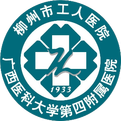The Autumn Equinox is the sixteenth of the twenty-four solar terms and the fourth solar term of autumn. Like the Spring Equinox, the “Autumn Equinox” was one of the earliest established solar terms by ancient people.
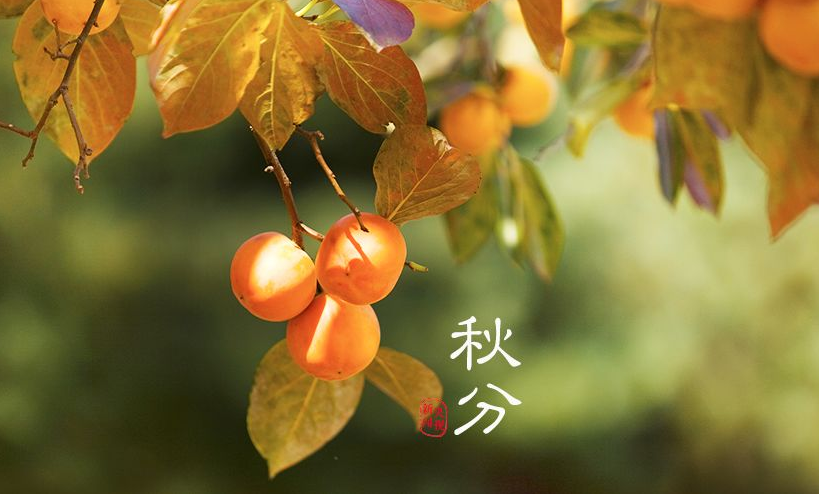
According to the “Huangdi Neijing (Yellow Emperor’s Inner Canon) – Treatise on the Regulation of the Spirit in Four Seasons”: In the three months of autumn, this is called “Rongping”. The weather becomes urgent, and the earth’s energy becomes clear. Go to bed early and rise early, aligning with the rooster’s crow, to calm the spirit and alleviate the autumnal punishment, gathering the spirit and energy to balance the autumn energy. If one goes against this, it can harm the lungs, leading to winter diarrhea and a lack of storage.
Dr. Zhang Hongsheng, Deputy Director of the TCM Department at Liuzhou Workers’ Hospital, states that autumn is a transitional phase of “yang diminishing and yin increasing”. Fitness, diet, and daily routines all have their regulations. From the perspective of yin and yang, daytime belongs to yang, while nighttime belongs to yin, meaning that yin and yang are relatively balanced. Another interpretation is that the Autumn Equinox divides autumn; after this day, yin and yang begin to transform, and the balance of heat and cold is disrupted, leading to cooler weather. According to Daoist medicine, there is a correspondence between heaven and humanity, and the human body must maintain the balance of yin and yang. Therefore, after the Autumn Equinox, maintaining the balance of yin and yang in the body becomes a key focus for health preservation.
Recommendations and Precautions for Autumn
Before the Autumn Equinox, there is residual heat from summer, often leading to warm dryness. After the Autumn Equinox, the climate becomes dry and cool, so one must prevent cold dryness. It is important to ensure good air circulation indoors, add clothing in a timely manner, and avoid blindly seeking coolness. Sleep should also align with the season; after the Autumn Equinox, it gets light later and dark earlier, so it is advisable to sleep a bit more, going to bed early and rising late.
The autumn climate is dry and cool, which can easily harm body fluids. Compared to other seasons, autumn is characterized by dryness, with the main external pathogen being dryness. Therefore, in autumn, it is advisable to generate fluids, nourish yin, and moisten the lungs to dispel dryness. The harm of dryness to the human body primarily affects the lungs, which are located in the thoracic cavity. Because the lungs are the highest organ, they are referred to as the “flower cover”. Due to the delicate nature of lung tissue, they are susceptible to cold and heat, making them vulnerable to invasion by pathogens, hence they are also called “delicate storage”. Their main functions include governing qi, controlling respiration, regulating the distribution and descent of qi, and connecting with the skin and hair, opening to the nose. According to the health preservation philosophy of the Huangdi Neijing, autumn is the time to nourish the lungs.

Autumn is also the season for yellow chrysanthemums and fat crabs. Enjoying a pot of warm yellow wine while catching some fat crabs, watching the clear autumn sky, and listening to the autumn insects sing is a delight. However, crabs are considered cold foods, and those with spleen and stomach deficiency should avoid them. Generally, it is advisable for everyone to consume them in moderation.
Keep the Stomach Warm and Prevent Cold
After the Autumn Equinox, the climate gradually cools, and the gastrointestinal tract is very sensitive to cold stimuli. If not properly protected, it can easily lead to gastrointestinal diseases, resulting in symptoms such as acid reflux, bloating, diarrhea, and abdominal pain, or exacerbate existing stomach issues.
Therefore, special attention should be paid to keeping the stomach warm, adding clothing as needed, and covering oneself well at night. Additionally, dietary restrictions should be observed, avoiding excessively cold, hot, hard, spicy, or sticky foods, and refraining from smoking and drinking alcohol, as well as overeating.
Warm and Moist Diet, Favor Spicy and Sour Foods
The “dryness” of the Autumn Equinox differs from the “dryness” of the White Dew; the dryness of the Autumn Equinox is cool dryness, while that of White Dew is warm dryness. “Dryness harms the lungs”; therefore, in terms of diet, it is important to consume more foods that are clear and moist, such as sesame, walnuts, and glutinous rice. It is also advisable to eat more foods with spicy and sour flavors, or those that have a lung-descending effect, especially white radish and carrots. However, one should not overeat to avoid gastrointestinal stagnation.
TCM Specialty Treatments
Our department currently offers balanced cupping therapy, which integrates the treatment methods of traditional cupping with balance theory. Balanced cupping primarily combines various cupping techniques such as flash cupping, kneading cupping, shaking cupping, moving cupping, and retained cupping. This effectively stimulates the meridian qi, unblocks the meridians, and reflexively induces the central nervous system to shift to a state of stress, ensuring smooth circulation of qi and blood in the meridians, regulating and improving body fatigue.
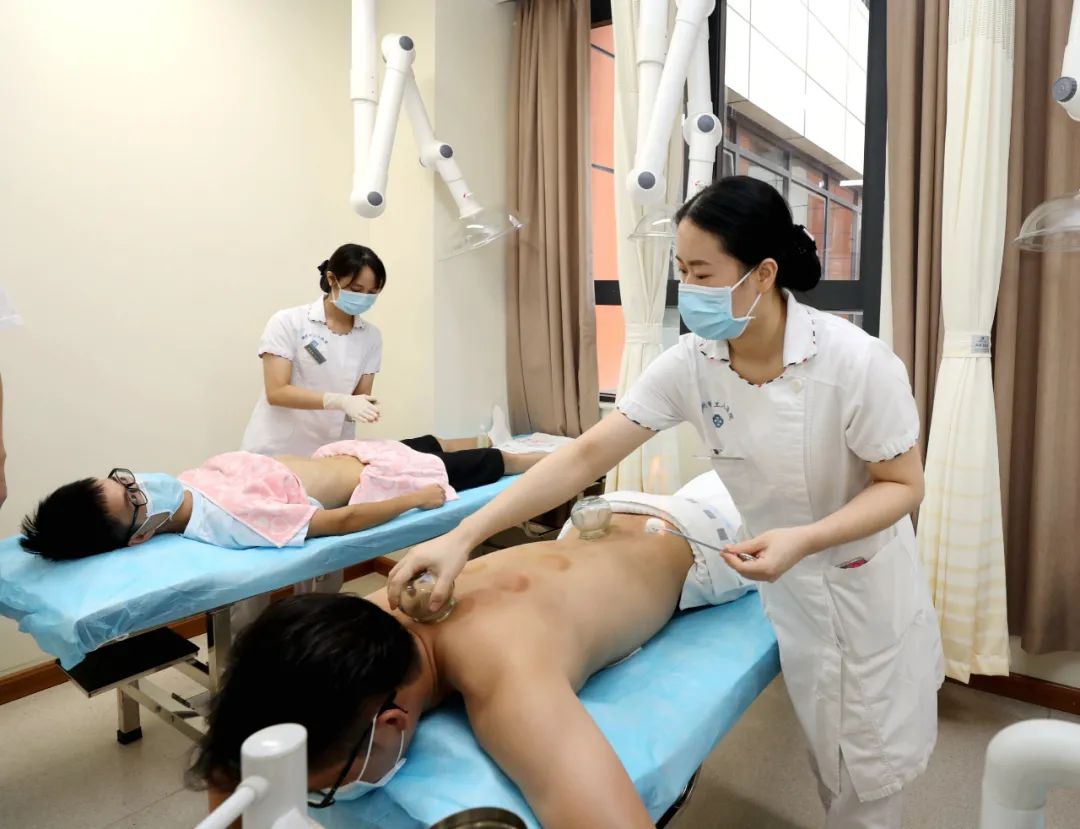
Effects:
Promotes qi and blood circulation, alleviates pain, dispels dampness, scatters cold, relieves fatigue, unblocks meridians, and regulates yin and yang to achieve balance.
Indications:
1. Patients with colds and insomnia
2. Patients with cervical and lumbar pain
3. Healthy individuals with damp-heat constitution
4. Patients with obesity
5. Patients with shoulder periarthritis
6. Patients with chronic fatigue syndrome
Introduction to the TCM Department
Our TCM department is a demonstration unit for the construction of TCM departments in comprehensive hospitals nationwide and a key specialty construction unit in Liuzhou. The department has a professional and experienced team of young medical staff, currently comprising 34 medical personnel with professional technical titles. There are 14 physicians, 17 nurses, and 3 therapists, totaling 34 medical staff. Among them, there are 5 associate chief physicians and 9 with graduate degrees.
Many physicians have experience studying in Beijing, Guangzhou, and other places, possessing rich clinical experience. The department has formed a clinical diagnosis and treatment base that integrates clinical treatment, teaching, and research.
Currently, the department is equipped with advanced devices and instruments such as meridian testing instruments, steaming beds, traction beds, wax therapy devices, medium-frequency therapy devices, ECG monitors, and infusion pumps.
The head of the department, Dr. Zhang Hongsheng, is an associate chief physician, a young member of the Diabetes Branch of the Chinese Medical Association, a standing committee member of the Integrated Traditional Chinese and Western Medicine Oncology Branch of the Guangxi Traditional Chinese Medicine Association, and the vice chairman of the Liuzhou Traditional Chinese Medicine Association.
He has engaged in TCM clinical work for many years, with profound expertise in treating various tumors, diabetes, hypertension, and pulmonary diseases, and has trained a large number of technical backbones in the field.
Specialized technical service projects include:
1. TCM Gynecology: Utilizing TCM and integrated traditional and Western medicine to treat chronic pelvic inflammatory disease, dysmenorrhea, functional uterine bleeding, polycystic ovary syndrome, decreased ovarian reserve, premature ovarian failure, melasma, acute mastitis, ABO blood type incompatibility between mother and child, placenta previa, threatened abortion, postpartum lactation deficiency, postpartum pain, infertility, etc., especially in conjunction with the reproductive center for patients undergoing in vitro fertilization and embryo transfer (IVF-ET) for timely TCM comprehensive conditioning.
2. TCM Dermatology: Utilizing Zhuang medicine lines, acupoint embedding, bloodletting therapy, and herbal steaming to treat various skin diseases such as acute and chronic eczema, allergic dermatitis, allergic purpura, acute and chronic urticaria, and psoriasis, fundamentally regulating the patient’s constitution and treating both the root and the symptoms.
3. TCM Internal Medicine: Utilizing internal herbal medicine combined with acupuncture, moxibustion, external herbal applications, and hot compresses to treat various internal diseases such as colds, coughs, asthma, bronchitis, chronic obstructive pulmonary disease, and other lung-related conditions; palpitations, insomnia, forgetfulness, chest obstruction, and other heart-related conditions; stomach pain, hiccups, vomiting, bloating, abdominal pain, diarrhea, constipation, and other spleen and stomach-related conditions; jaundice, dizziness, ascites, headaches, stroke, and other liver and gallbladder-related conditions; edema, prostatitis, urinary tract infections, and other kidney-related conditions; cancer, deficiency syndromes, diabetes, depression, obesity, and other qi, blood, and body fluid-related conditions.
4. TCM Surgery: Utilizing classical TCM theories to guide the use of classical prescriptions combined with wrist and ankle acupuncture, heat-sensitive moxibustion, hot compresses, external herbal applications, acupuncture, tuina, and traction to treat diseases such as lumbar disc herniation, lumbar spinal stenosis, cervical spondylosis, post-fracture recovery, soft tissue injuries, spinal-related diseases, and sequelae of stroke.
Address:156 Heping Road, Liunan District, Liuzhou City, New Hospital of Liuzhou Workers’ Hospital (next to the intersection of Ruilong Road and Heping Road), TCM Department, 2nd Floor of Outpatient Department
Treatment Hours:Monday to Friday during working hours; please visit for consultation and appointment registration if needed.
Consultation Phone:
0772-3837141 (2nd Floor of Outpatient Department)
0772-2729356 (3rd Floor of Inpatient Building)
Source | TCM Department
Editor: Wu Ling
Editor-in-Chief: Chen Xinyuan
Reviewed by: Zhang Hongsheng
Service Information
New General Hospital (156 Heping Road, Liunan District)
Emergency Department: 0772-2638120
Customer Service Center: 0772-2638199
Front Desk: 0772-2638188
Yufengshan Hospital (1 Liushi Road, Yufeng District)
Emergency Department: 0772-3815345
Outpatient General Desk: 0772-3817070
Outpatient Appointment: 0772-3869993
Western Hospital/Orthopedic Hospital (47 Hongyan Road, Liunan District)
Outpatient General Desk: 0772-3690311
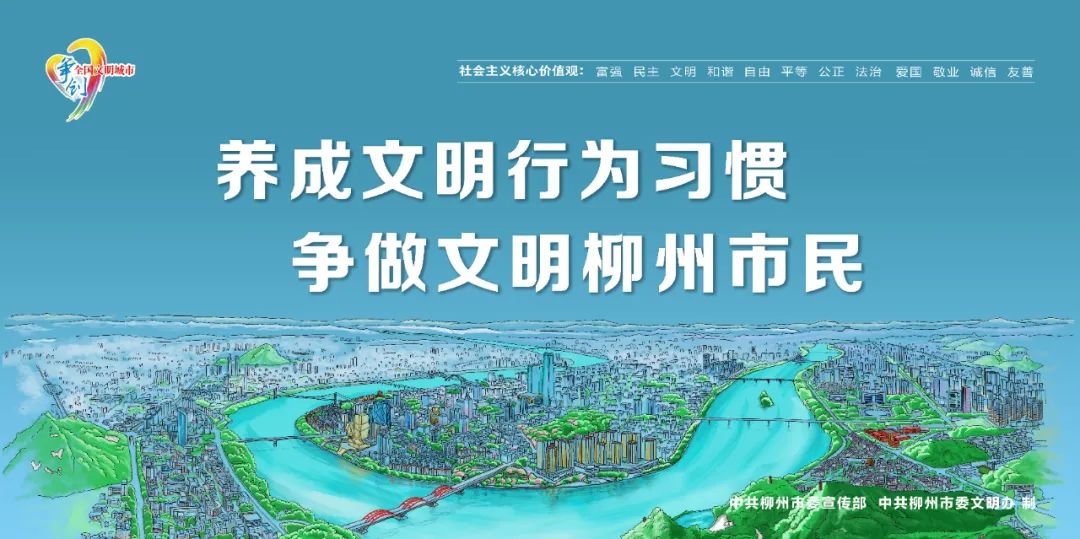
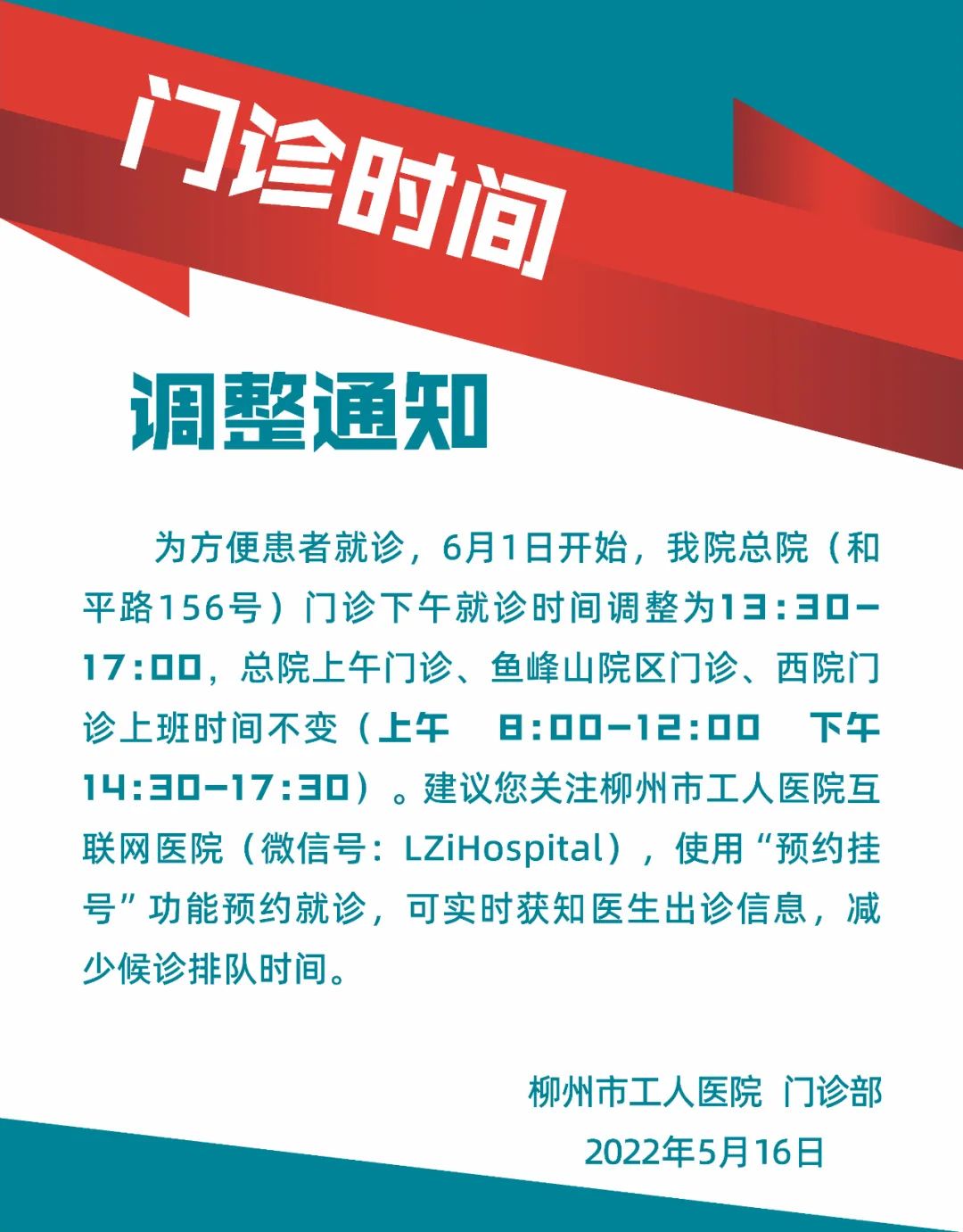
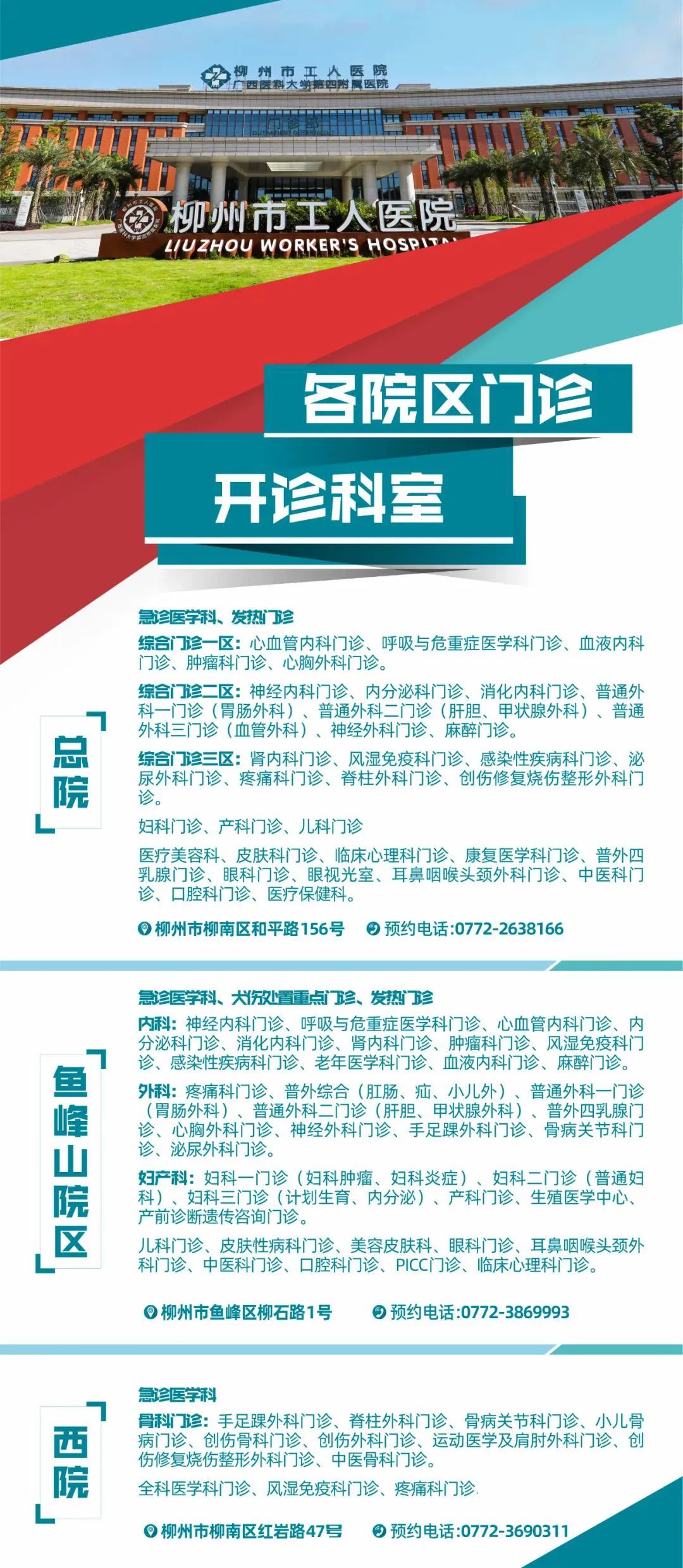
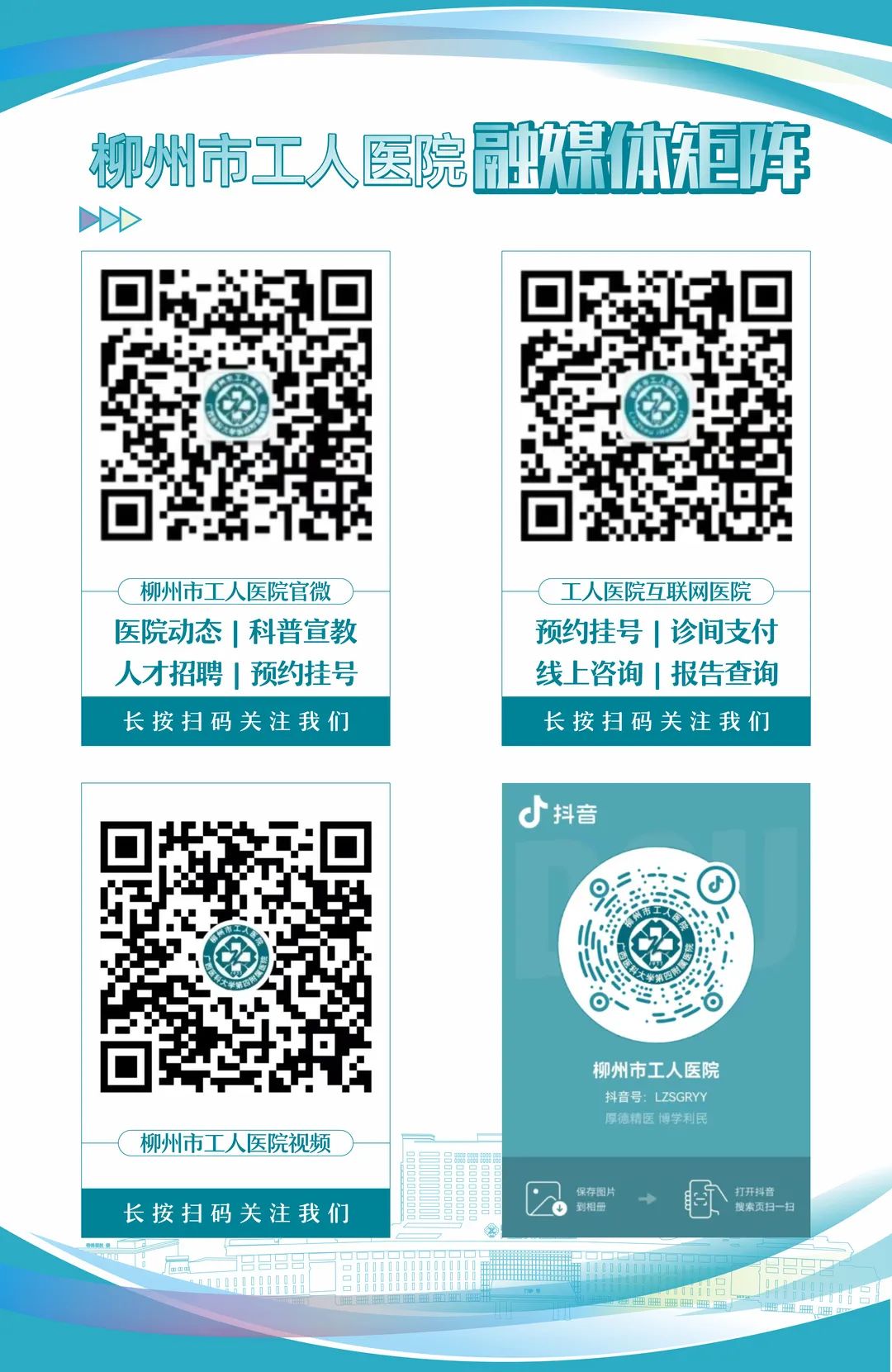
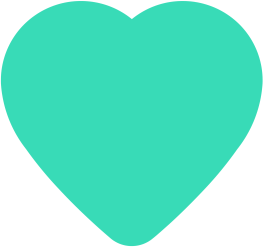 求分享
求分享 求收藏
求收藏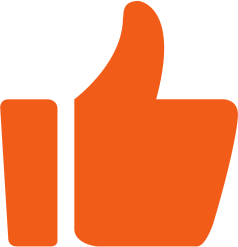 求点击
求点击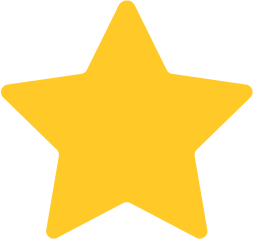 求在看
求在看

